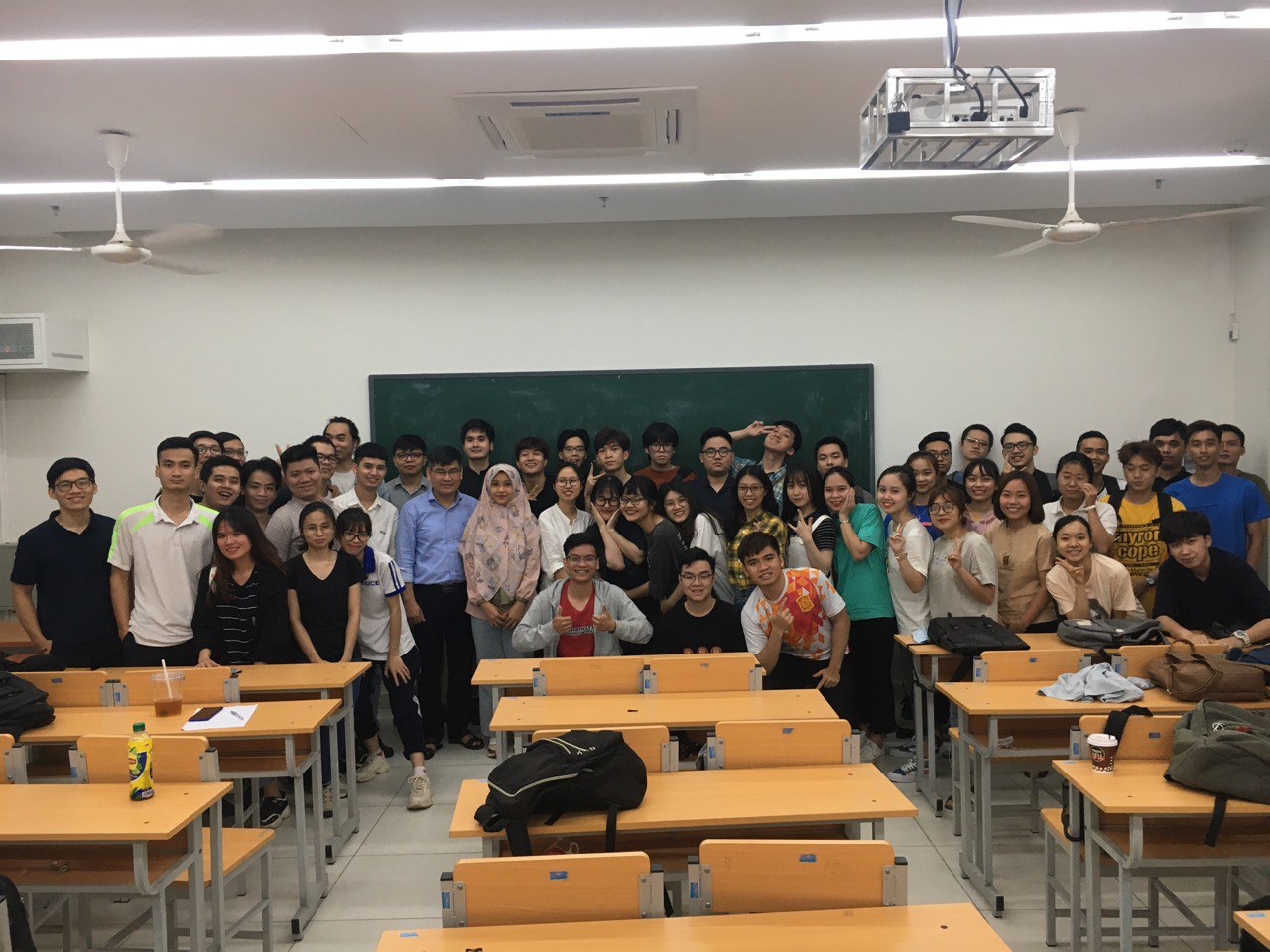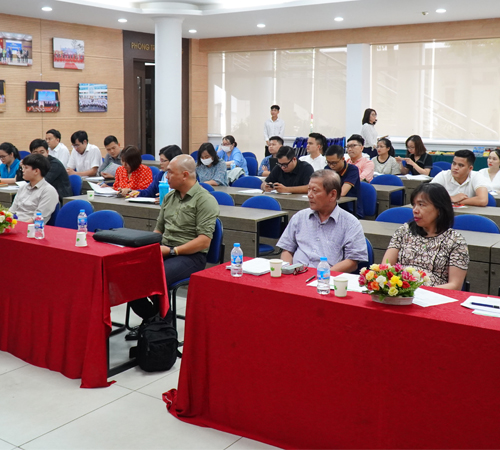
The challenge
Construction is a necessary part of urban development, but it brings significant safety challenges. From structural collapses to excavations to use of hazardous materials, there are many risks, moving parts and ever-changing best practices to follow. Vietnam is one of the fastest-growing economies in Southeast Asia and has had a continuous focus on developing infrastructure over the last few decades. Compared to the UK where new build spend is around 10-15% of GDP, Vietnam’s is estimated to be between 60-70%. To keep up with this pace of construction within modern regulations, new digital skills are required to ensure the sector is connected and flexible for 21st century engineering demands.
The Vietnamese government has demonstrated an understanding of this progression, mandating the use of Building Information Modelling (BIM) in all construction projects from March 2023. BIM can address safety concerns and help detect risks like unsafe access routes, working at heights and in confined spaces through a virtual simulation of the construction process. This is a significant step in the right direction for Vietnam as it attempts to align its construction regulations and standards with other similarly growing economies.
However, there is a significant skills gap in Vietnam, with many existing and prospective engineers lacking sufficient training in BIM. This stems from a lack of training resources, the lengthy process required to update university curricula, and the use of often outdated construction methods and operations. Despite the government’s mandate, the Vietnamese construction industry is not able to widely adopt BIM and other digital technologies for future construction projects. If this skills gap is not addressed, there could be a significant impact on the efficiency levels of infrastructure development within the country, threatening safety as well as economic growth and employment.

The solution
To address this issue, engineers and digital experts from the University of Civil Engineering in Hanoi and Manchester Metropolitan University developed the Digital Construction Hub - an e-learning platform hosting specialist training on key ‘disruptive’ digital technologies for modern construction, including BIM, additive manufacturing (3D printing), laser scanning, and Geographic Information Systems (GIS). The courses are hosted on popular course management system, Moodle, allowing students to access lectures, documents, and assessments in one convenient place i The team have also proposed that BIM and other digital technologies are integrated into the new undergraduate curriculum.
Funded as part of the Skills for Safety programme under Engineering X, the project brought together web developers, curriculum experts, training providers, communications professionals, students, and engineers to build the platform.

The impact
As Vietnam currently has the youngest population in its history - with 21.1% of the population aged between 10-24 - the platform is well positioned to develop new, key skills for young people as a long-term investment for the country.
With the funding from Engineering X, the Digital Construction Hub e-platform has already the learning of over 350 students and practicing engineers and has provided an immediate influx of skills to address current demands of the industry, since its launch in 2020.
The two universities involved in the project have also fostered a strong relationship, opening the door for future collaboration and greater student and staff knowledge sharing.
Following the project, the team were able to host the Construction Digitalisation for Sustainable Development conference in both 2020 and 2023 to boost knowledge sharing, collaboration, and cooperation between building and construction researchers, authorities, industry and students from Vietnam and other countries such as Australia, Brazil, China and Germany.
With the growing need for digital skills, the digital skills e-platform for construction offers a proactive solution to address a skills gap that will support Vietnam to sustainably and safely develop into the future. This will ultimately help develop a generation of engineers capable of using the technologies and methods integral to modern construction.
Interested in participating in the programme?
Visit our page to learn about upcoming opportunities.
Explore other case studies
Fire safety in South Africa: a case study
Discover how South Africa enhances fire safety through improved fire engineering education. Learn why we need skilled f…
Empowering women through safer housing innovation in Uganda: a case study
This case study delves into how Smart Havens Africa (SHA) is addressing Uganda's housing shortage. Learn about SHA's in…
